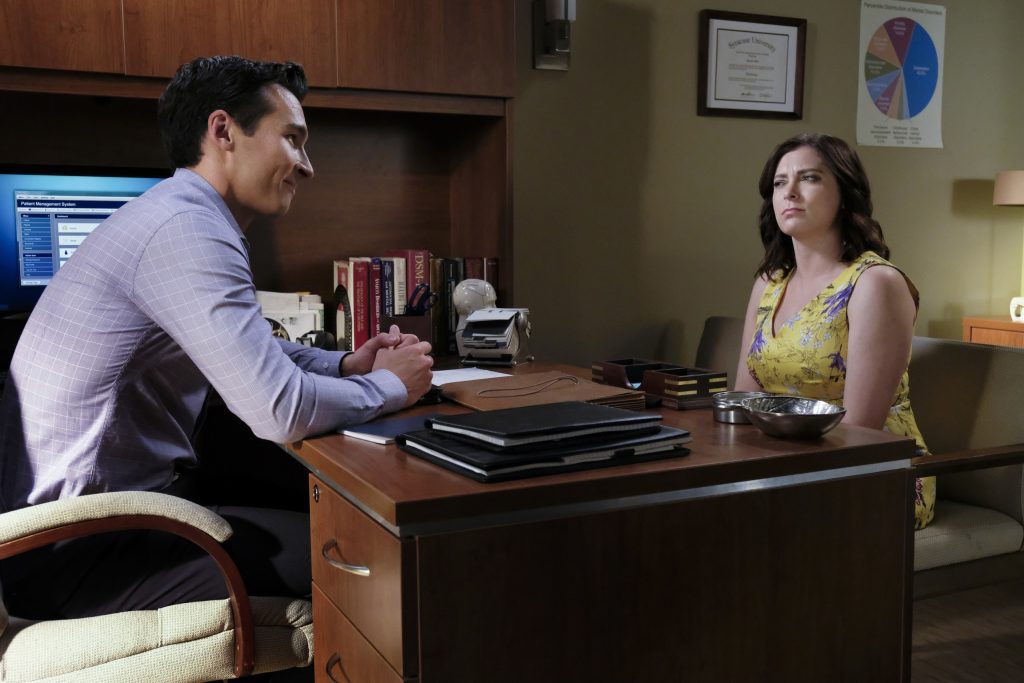
Let’s not shy away from facts, there’s a certain stigma surrounding “representation” in the media currently. It’s seen, by some, as a social justice warrior tactic to try and erase straight, white, neurotypical men from our amazing television shows, movies, and video games. It’s deemed unnecessarily – and inherently – political. “Why bring politics into a good video game!?” cries the offended man, cancelling his pre-order of The Last of Us II for daring to have a lesbian protagonist. “Why bring politics into a fun franchise?” he cries, ripping up his tickets for No Time To Die for even considering having a black woman take over the 007 moniker.
But here’s the thing, my thoroughly offended brethren: video games, films, and television shows have never been apolitical. And highlighting the fact that people other than straight, white, neurotypical men exist is far from a political move. While no one likes being pandered to, and no one likes having a marginalised identity thrown onto a random character for brownie points – I’m looking at you, conveniently cut-from-Asian-release lesbian background scene in The Last Skywalker – there is a point to representation. And I’m here to tell you why.
As a lover of all things creative – films, tv shows, books, video games, you name it – I grew up, as many did, on western television. I learned about different kinds of people from watching them, I learned about American life and culture by watching “That’s So Raven”, “Lizzie McGuire”, and “Friends”. I learned about mentally ill people by watching “Fatal Attraction”, “Fight Club”, and “A Beautiful Mind”. I learned about autistic people by watching “Rain Man”, “the Big Bang Theory”, and “Forrest Gump”. Only, there’s just one problem about those last two categories: they weren’t accurate.
I grew up believing these outdated yet heavily perpetuated stereotypes about what it means to be mentally ill or autistic. So when I started exhibiting clear signs of mental illness and autism, neither myself nor those around me could figure out that they weren’t signs of being a trouble child, or a distraction, or acting out, they were signs of something much more serious. But I wasn’t boiling any bunnies, and I wasn’t obsessed with trains, so I had to be just another young girl who wanted attention.
When I got diagnosed with Borderline Personality Disorder (yes, of Fatal Attraction, Girl, Interrupted, Single White Female fame), I was terrified. Every single article I read and movie I watched seemed to suggest that women with borderline weren’t capable of having functioning relationships, would always turn abusive, some even suggested we weren’t capable of love at all. I knew myself, I knew how empathetic I was. How much love I could feel. None of this seemed right. It wasn’t until “Crazy Ex-Girlfriend” dealt with this same exact issue, of a woman diagnosed with BPD and feeling hopeless after googling it and seeing the terrible stereotypes perpetuated about it, that I realised how it felt to truly see myself on television. I cried. I felt like finally I was understood. Crazy Ex-Girlfriend took the stereotypes about BPD and shattered them into a thousand pieces. And it remains to be the greatest representation I’ve ever seen of one of the most misrepresented mental illnesses in the DSM.
On the other hand, we haven’t progressed in leaps and bounds with regards to autistic representation. When telling friends I have autism, I’ve had a few scathing responses, all of which revolved around how I was nothing like Sheldon Cooper of Big Bang Theory fame. While the lack of comparison is exceptionally flattering, it only goes to show how people associate a condition with a character that displays it, and can often limit their view to “autism = this character”, rather than understanding that autism can vary from person to person. The only autistic character who has ever stood out against the pack of identical men with identical obsessions and identical personality traits is Community’s Abed Nadir. Abed is socially inept, sure, but he’s also a wealth of pop culture wisdom. He’s a kind friend, an intelligent student, and provides a decent amount of humour for the show. The key is that his entire personality doesn’t revolve around being a checklist of autistic traits. He’s his own unique persona. On the other hand, it would actually be nice to see a female autistic character just once. Particularly with it being branded as a male-centric disability.
Ultimately, representation is about more than box ticking. It’s about letting people experience the lives of others, and broadening our horizons. How can we ever expect to understand people other than ourselves if we don’t even try to understand their struggles? And more importantly, how can we expect to understand the hardships of others when we rely on media perpetrated stereotypes of them instead? This is why representation matters.
